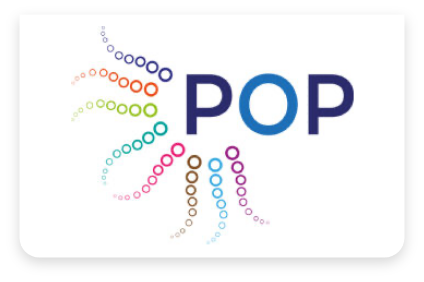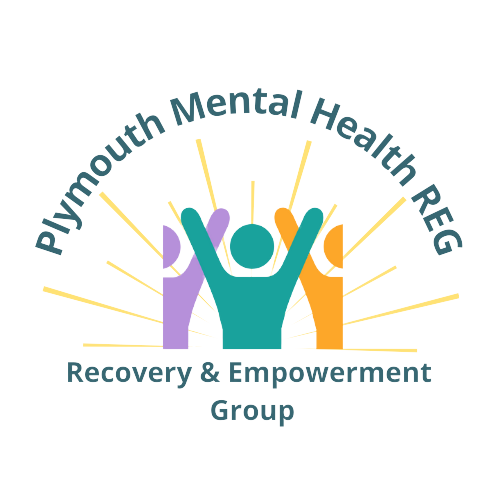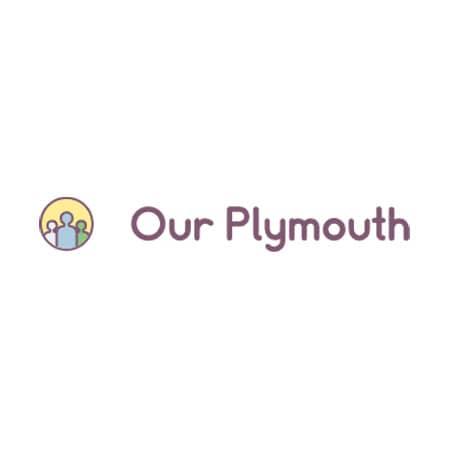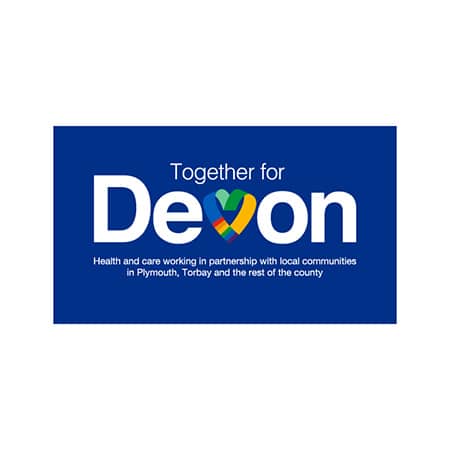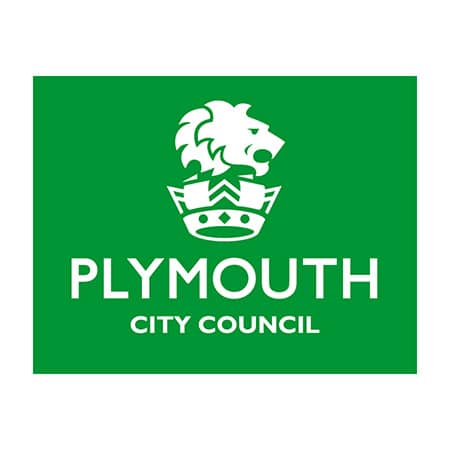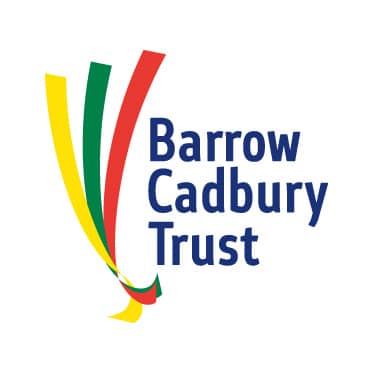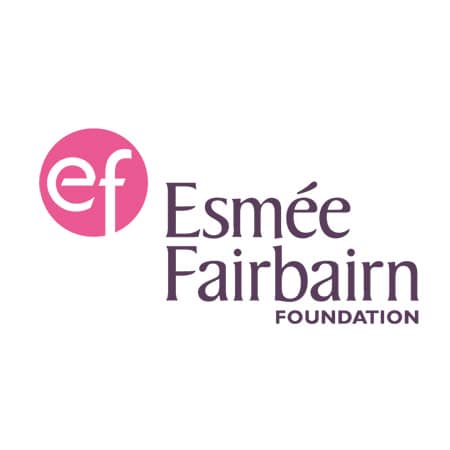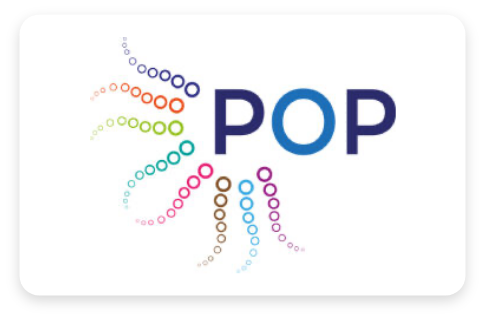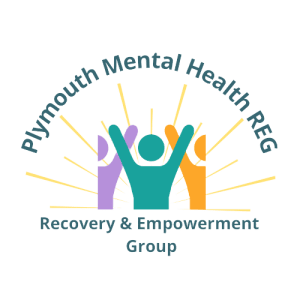
Collaborators
● Livewell South West
● Heads Count (Colebrook South West)
● Hope in the Heart CIC
● Devon Mind
● Marbles Lost and Found
● Truwellbeing
● You’re Not Alone Plymouth
Collective’s aims and ideas
We know from research and personal testimony that empowerment is a crucial component of mental health recovery. This evidence also shows that when professionals and people with lived experience bring their knowledge together to support others in learning about recovery, this can be highly empowering. A good example is the development of ‘recovery colleges’, which provide open access courses to anyone in the community with an interest in mental health. All courses are co-produced by professionals and people with lived experience and support people to learn about recovery and explore different ways of understanding mental health and improving wellbeing.
Although Plymouth has a thriving mental health peer support community, there is limited co-production or opportunity for learning about mental health recovery in the community. We are a group of mental health professionals and people with lived experience of mental health difficulties wanting to work together to share our knowledge, to inspire and support others. We aim to co-produce a series of educational workshops on recovery and wellbeing topics that will be open to anyone with an interest in learning about mental health. The workshops will take place in community venues and be free of charge.
We hope that these workshops will have similar benefits to those that have been found in the evaluation of recovery colleges: supporting people to manage their mental health and move forward in their lives, increasing social support and reducing stigma. We will evaluate our workshops by asking people to complete a short questionnaire about what they have gained from it. We hope that the workshops will enable people to feel more confident in sharing their own experiences of mental health, and perhaps become involved in developing and delivering workshops themselves. We will gather expressions of interest, to build a local network of experts by experience so that we can continually build on what we can provide. We also aim to collate information about the
range of mental health resources available locally so that we can signpost effectively and enable our participants to follow up on learning from the workshops.
If we are able to secure funding we will use this to pay for:
• The time of our unsalaried contributors. Many of our members with lived experience have given their time voluntarily to developing the project and are either unwaged or self-employed and it is important to offer payment for their contribution. A similar project in Devon, the Devon Recovery Learning Community, pays tutors at a rate of £10 per hour, with an hour’s preparation fee for every hour of live workshop time (e.g. delivering a 2.5 hour course would have a payment of £50).
• We expect that the majority of any funding would therefore be directed to small community organisations focussed on peer support and learning from lived experience. However, a small portion may be used to reimburse the larger organisations, Colebrook SW and Devon Mind, for their expertise in service user engagement and the logistical support that they can offer.
• Consumable materials: we will probably mostly use existing resources held by our members but we may want to produce handouts or other teaching materials.
• Publicity and online information: as well as using social media to publicise our work, we will produce some physical publicity material (posters and flyers) and develop our own website where people can access online resources to support their ongoing learning, whether or not they are able to attend courses in person.
• Community venues: we will attempt to identify venues that are free of charge but we may need to make use of some venues with fees attached.
We have conducted a small survey to establish what content people using and working in mental health services would find most helpful. The most popular responses were: learning about ways of coping with mental health difficulties, hearing lived experience, learning about extreme moods and the effects of trauma. We have also had some feedback suggesting that people are interested in learning more about medication and medication withdrawal. Our initial workshops will therefore aim to have this focus, although we have a wide range of expertise in the group which we will shape what we can deliver.
How will they work together to achieve this?
We are working together as we recognise the power of co-produced knowledge. We believe that through collectively offering our different forms of expertise, we can give people hope, challenge stigma and support people to move forward from mental health challenges. Many of our lived experience contributors have worked together before, as members of a strong peer support community but group working across the professional – peer support boundary is a new initiative. Our professional members have knowledge and experience of co-production processes and we have quickly been able to establish a shared vision and goals.
The contribution from each member will be:
Livewell SouthWest- Elina Baker, Claire Whiter, Flippa Watkeys (Mental health professionals). We have theoretical and clinical knowledge about the causes of mental health challenges and strategies for managing them effectively . We have experience of facilitating co-production and bringing recovery education to the community and belong to national professional networks that can offer support, advice and resources.Colebrook Southwest- Heads Count. We are a user led network for mental health service users, carers and everyone with experience of or affected by mental health matters. We support people to get involved and be heard, and raise awareness about the importance of mental health and wellness. We can contribute to the planning and development of workshops through bringing our own expertise by experience, as well as the views and experiences of our members. We also have a member with graphic design skills who has contributed to the development of our logo.Hope in the Heart is a Community Interest Company led by Tam Martin Fowles. Our focus is on inspiring improved mental health and wellbeing. All our staff and directors have lived experience of mental health and associated issues. We offer training to organisations as well as workshops and courses for community members. We bring knowledge and experience of co-production and of delivering community workshops to support mental health recovery and learning from lived experience.
Devon Mind- We are a mental health provider who already provide a range of courses and peer support groups. We are interested in broadening the range of opportunities that are available for learning about mental health recovery and are keen to support the development of more co-produced content. In particular we are offering support to the group with administration and publicity.
Marbles Lost and Found- a mental health information hub, community website and support group, run by Nicky Nurrish, a person with lived experience. Marbles offers anyone struggling with mental health issues support, guidance and wellbeing tips and tools from those with lived and professional experience. I am able to contribute knowledge from personal experience and the experiences of my contributors and users. I am also able to offer support with website hosting and developing social media.
Truwellbeing – Life and Health Coaching, founded and run by Bianca Flood, who has lived experience of depression, C.F.S and Fibromyalgia, Bianca offers a combination of counselling, coaching, nutritional therapy and neuro-linguistic programming to help people develop a holistic focus for their recovery. Bianca brings both expertise by experience and skills and experience in running group workshops to support recovery in relation to stress, anxiety, low mood and physical conditions exacerbated by stress.
You’re Not Alone Plymouth is a support group run by Hayley Burbage who has lived experience. We hold weekly coffee mornings as well as having online support via a private Facebook group. I am able to bring expertise on developing support groups and knowledge from my own and my member’s experiences on what might be helpful in planning and developing workshops.
During the first round, POP members were asked to advise you. Tell us what happened. What are your reflections? Have you gained new insight? New partners?
We had some generally positive feedback and learnt about the work of Wellbeing Workshops CIC and the good work they are doing around using ideas from positive psychology to develop wellbeing in communities. We saw this as a complementary offer to what we are planning which will focus more specifically on recovery from mental health difficulties. We were encouraged to think about evaluating our workshops and also how to build from an initial small-scale offer, developing a bank of resources. Consequently we have agreed to develop evaluation questionnaires, proactively gather expressions of interest from participants to build a group of experts by experience and develop our own website where our teaching resources can be accessed and we can provide information about other resources in the city that can support someone with the next steps in their recovery.
